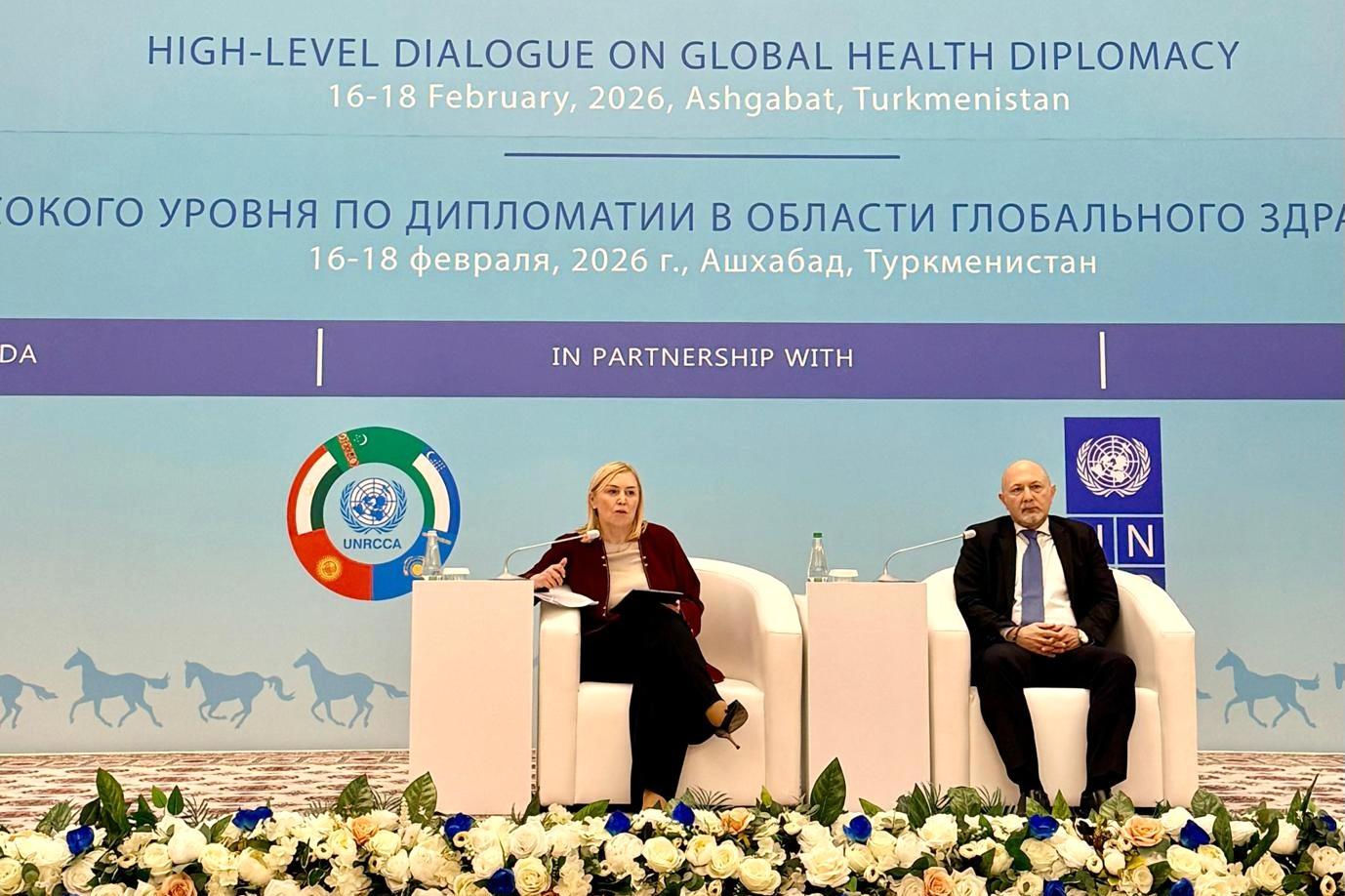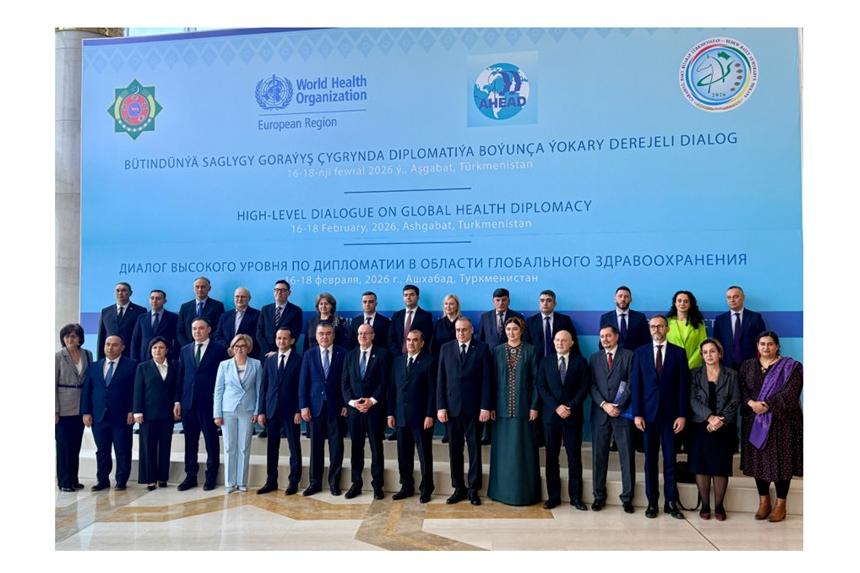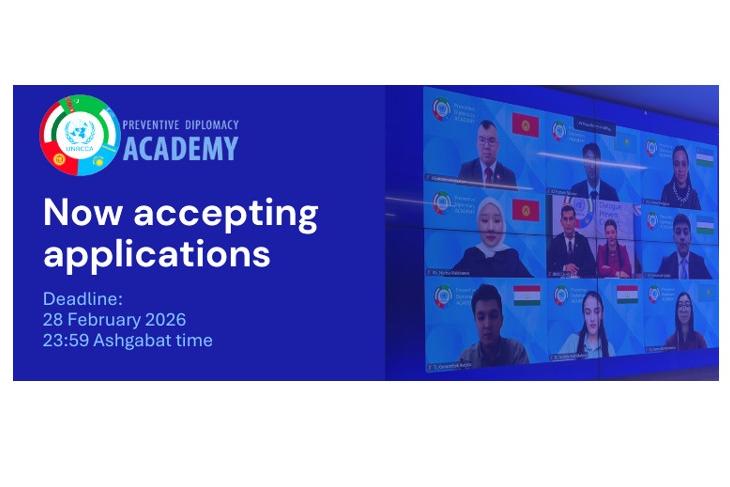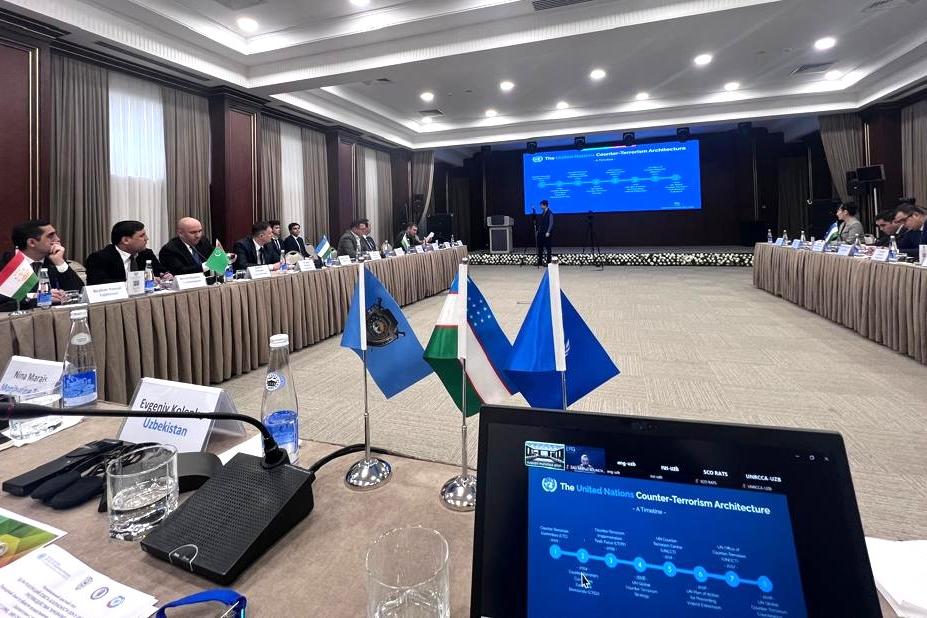On 27 - 30 June, in Istanbul, the United Nations Regional Centre for Preventive Diplomacy for Central Asia (UNRCCA) and the United Nations Office of Counter-Terrorism (UNOCT) convened a meeting to discuss the establishment of a counter-terrorism early warning network for Central Asia in the context of the rapidly changing situation in Afghanistan and security related challenges emanating from this country. The meeting gathered more than 60 delegates in-person and a significant number of online participants representing the state officials from Central Asia as well as regional organizations, UN entities and non-governmental organizations.
Opening the meeting, the Special Representative of the Secretary-General for Central Asia and the Head of UNRCCA, Natalia Gherman, emphasized that “as an objective reflected in the new updated Joint Plan of Action for the Implementation of the UN Global Counter-Terrorism Strategy in Central Asia, UNRCCA together with UNOCT is proposing to launch a counter-terrorism early warning network for Central Asia. This initiative should not only provide more comprehensive and timely information exchange in the current unpredictable environment, but it also will serve as a platform to coordinate engagement with Afghanistan among national, regional and international actors”.
The participants had an opportunity to exchange views on security related developments in Afghanistan and the region as well as to get acquainted with the efforts of the five Central Asian governments, international and regional organizations, and civil society groups to mitigate the current security threats. The participants identified key challenges, gaps and needs in the field of preventing violent extremism and countering terrorism both at the country and regional levels and made concrete proposals regarding “modus operandi” of the proposed early warning network.






